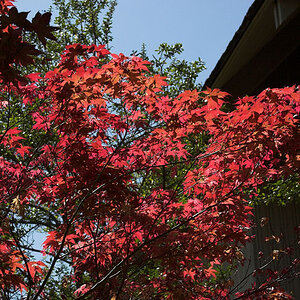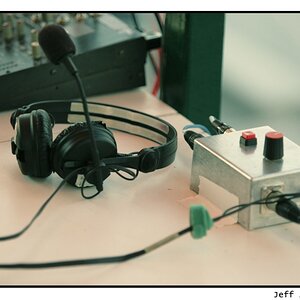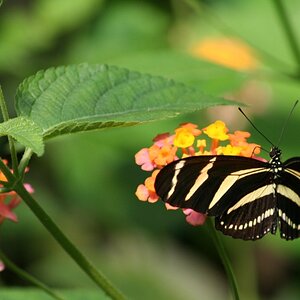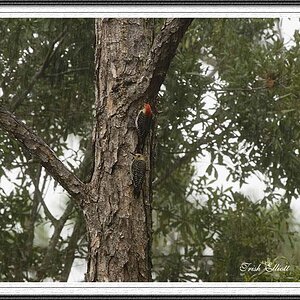jsecordphoto
Been spending a lot of time on here!
- Joined
- Oct 26, 2013
- Messages
- 1,493
- Reaction score
- 1,055
- Location
- new hampshire
- Can others edit my Photos
- Photos OK to edit
I was just thinking about this recently, great topic. The last month or two I've been in a bit of a rut, lots of personal stuff going on and haven't been too happy. I feel like while out shooting photos I can leave all of that behind and truly be in the moment, and have a greater drive to create while in those periods of sadness. There's a sense of urgency that I don't get when I'm generally happy.



![[No title]](/data/xfmg/thumbnail/38/38737-350089c7ae87f5c983c5362b9b78b671.jpg?1619738703)
![[No title]](/data/xfmg/thumbnail/38/38735-2245cc1b04db3f96fa74095ae14558a6.jpg?1619738703)
![[No title]](/data/xfmg/thumbnail/39/39511-592cbd68b1d797ffce7e41e4fbfed890.jpg?1619739066)
![[No title]](/data/xfmg/thumbnail/35/35666-9f404fab7b896e4ec114160079fa71c6.jpg?1619737090)






